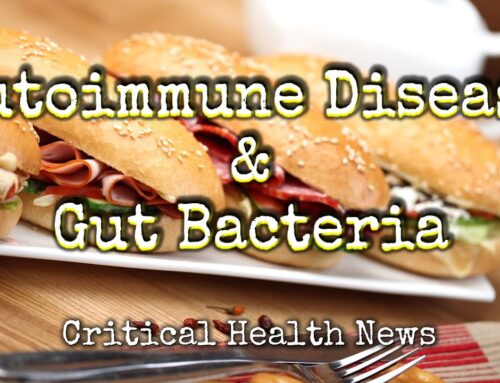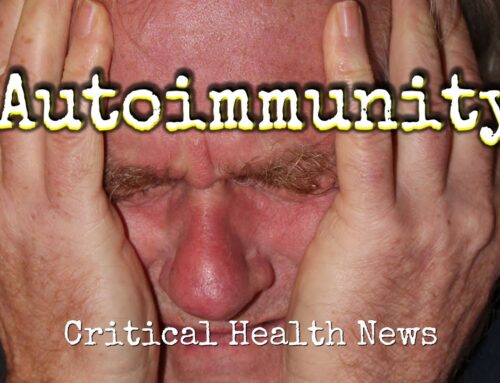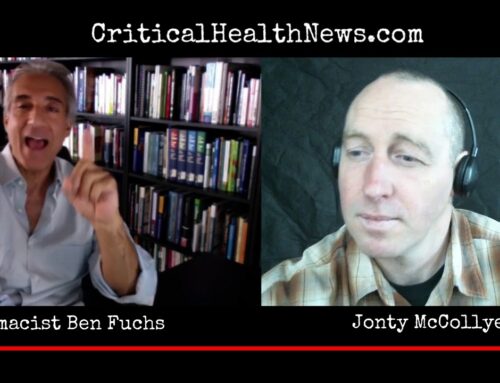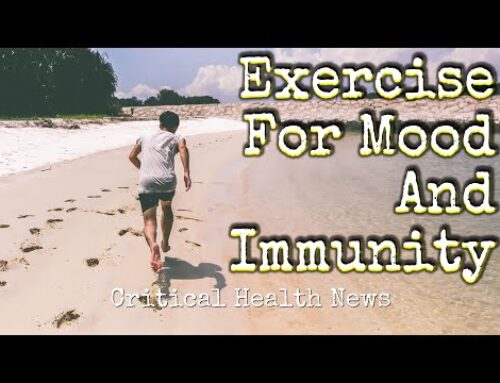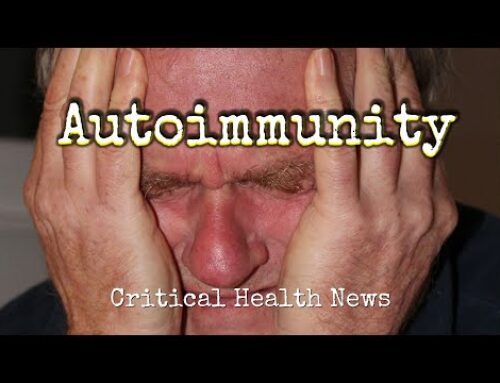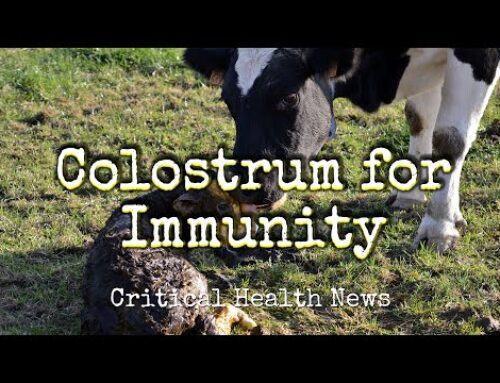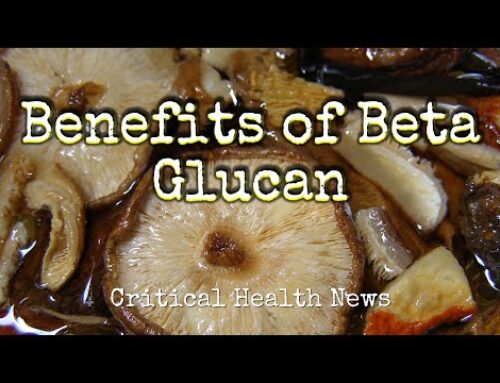One of the most prized of nutritional supplements these days is zinc. If you try to look for it in your health food store or even on the internet, you’re likely to find an empty space where the zinc used to be. There’s a good reason for zinc newly coveted status.
The 30th element on the periodic table has powerful immune building properties. It’s a key player in the health of the thymus gland, birthplace of t-cells, critical players in the immune systems intelligence complex, and never-ending battle against enemy invaders. Zinc deficiency, which is not all that uncommon, can lead to symptoms that range from reduced resistance to disease to full-blown immune system breakdown.
This important relationship between zinc and the body’s defensive response, which has been recognized by health and medical professionals for decades, is only now in the corona crazy time we’re living in starting to get the attention it deserves, in the mind to the general public. Zinc is not just important for the immune system, it’s a critical building and anti-stress nutrient that plays a part in the body’s ability to build and adapt to its environment.
It’s especially important for the skin, where it helps with wound healing, prevention of wrinkles, thinning skin and fighting acne blemishes. You want the zinc picolinate form, which is readily absorbed and won’t cause stomach distress, like zinc sulfate or zinc gluconate. For maximum benefit use 50 milligrams a day and take with 2 to 4 milligrams of chelated copper.


